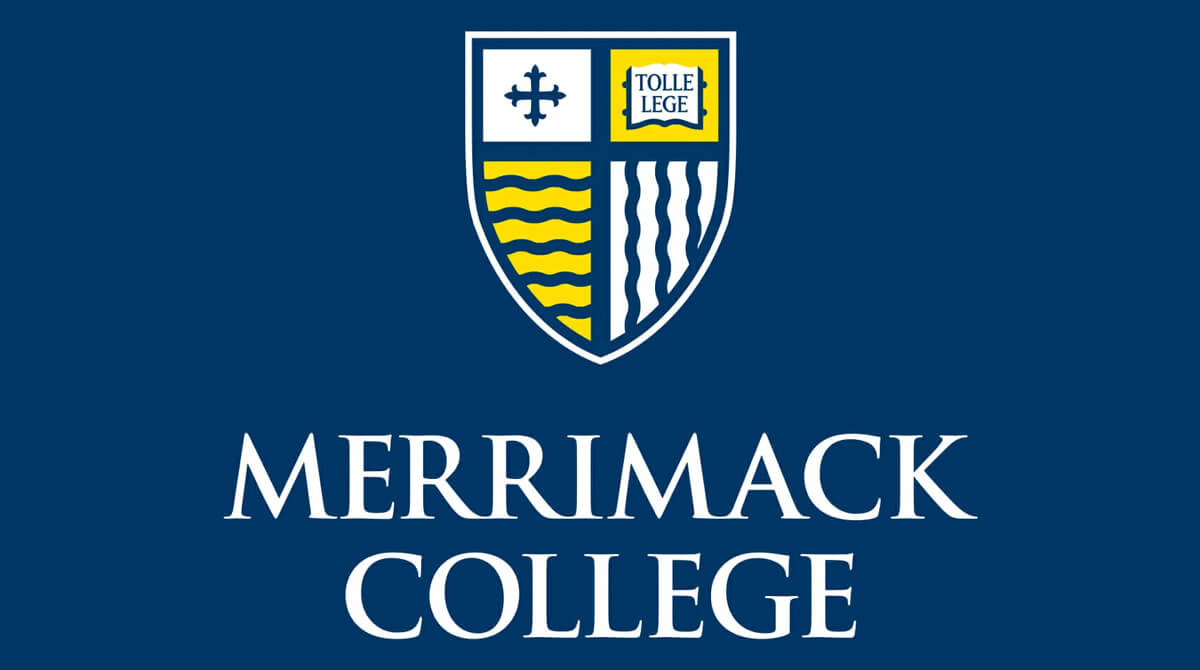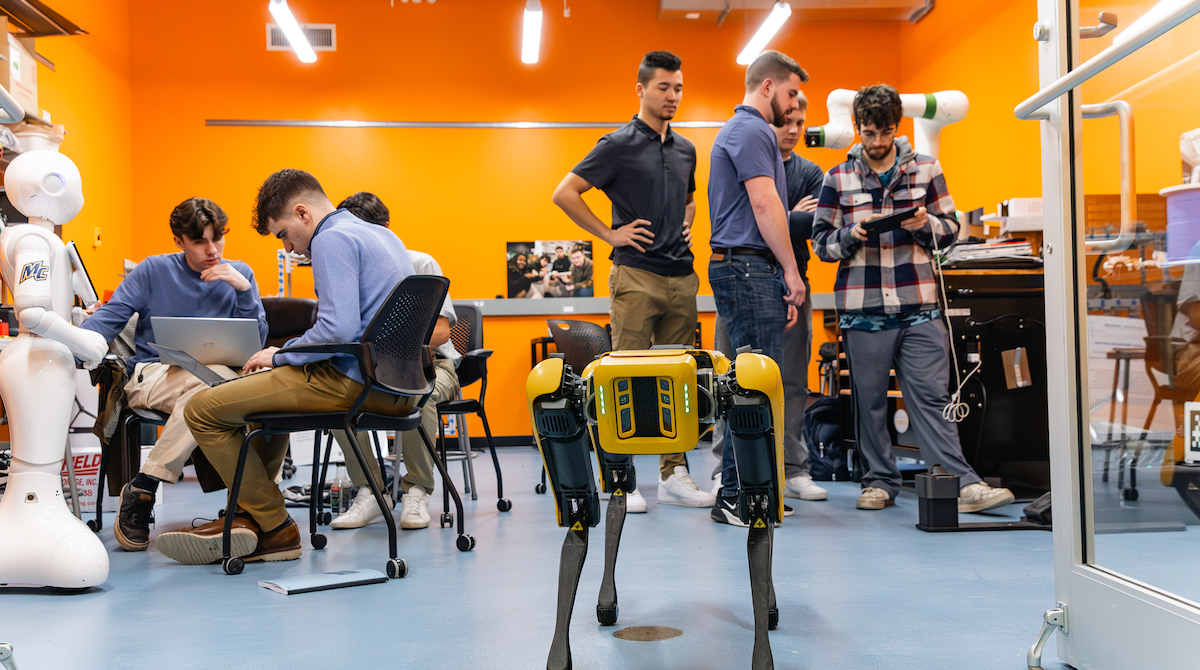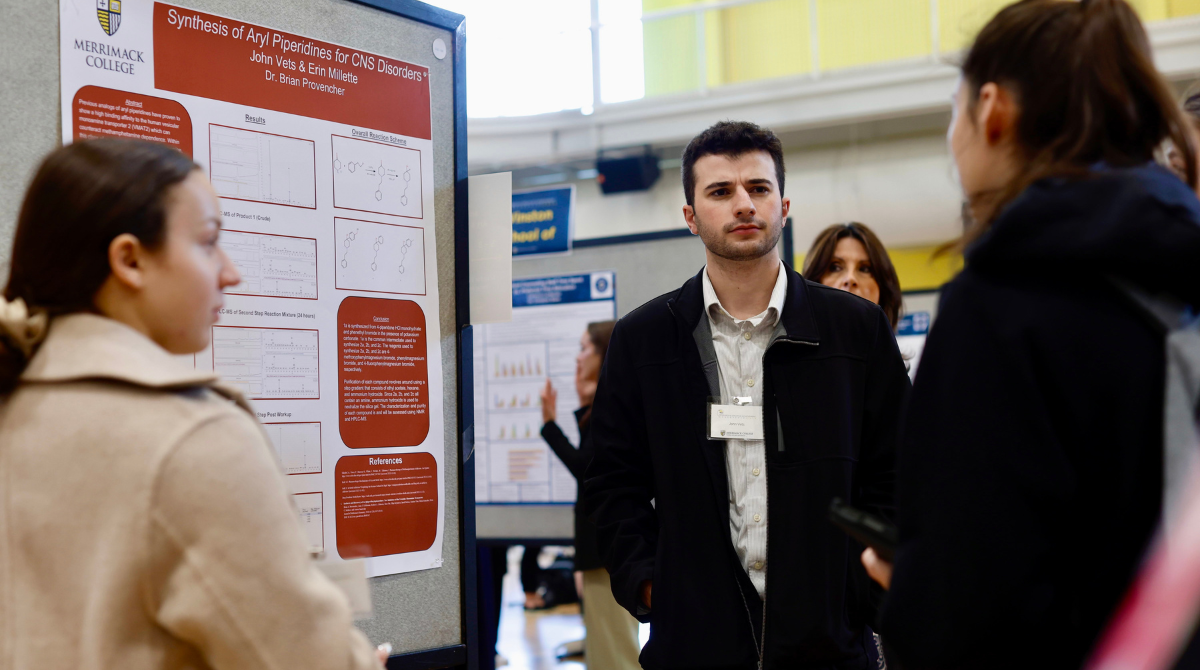“So the students would learn to think like scientists and be exposed to the research enterprise,” associate professor of biology Janine LeBlanc-Straceski said.
The SEA-PHAGES class was an elective the last two years but Lab for Principles of Biology 1 is a required class for biology majors this year.
“It’s better this way because it is such an interesting course,” said Emilee MacLean ’17, a biology major from Haverhill, Mass. “Now my plan is to be a geneticist.”
Phages are viruses that infect bacteria, said LeBlanc-Straceski.
McKenna Moore ’19, a biology major from Seattle, Wash. said she likes the hands-on work instead of passively reading from a textbook.
The department has a Howard Hughes Medical Institute grant to run the SEA-PHAGES lab. The undergraduate research course starts with the simple search for viruses in soil but continues through microbiology techniques and eventually to complex genome annotation and bioinformatics analysis, accoding to the SEA-PHAGES website.
Two years ago, her students found a bacteriophage they named Hopey in honor of college President Christopher E. Hopey and last year they found one they named Texage.
“This year is to be determined,” LeBlanc-Straceski said.
This is the first semester LeBlanc-Straceski has sent her students off-campus looking for bacteriophages to study. They went to the Harold Parker State Forest, Sacred Heart Reservation, and Spicket River looking for samples.
“We wanted to look at new environments and we wanted students to see where they were in relation to their surrounding area, looking for new phages,” LeBlanc-Straceski said.
During research in the field, students gathered small scoops of dirt and returned to their lab at Mendel Hall where they were incubated with a culture. Then they isolated the phages and purified the samples.
“We used a plastic spoon to dig up the dirt and put it in a glass container,” said Desiree Metayer-Smith ’18, a biology major from North Andover, Mass. who got her sample at Sacred Heart.
This is the first year students working in teams designed their own experiments to test their phage’s lifecycle.
One of the phages from LeBlanc-Straceski’s students will have the DNA genome sequenced.
“We’re going to have phage campaigns,” she said. “We are going to have phage speeches where students have to make the case why their phage should be sent off” to be sequenced, LeBlanc-Straceski said.
Next semester, the students will map all the genes in the genome and two as-yet-undetermined students will attend a Howard Hughes Medical Institute conference to discuss results.




